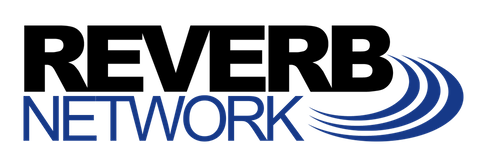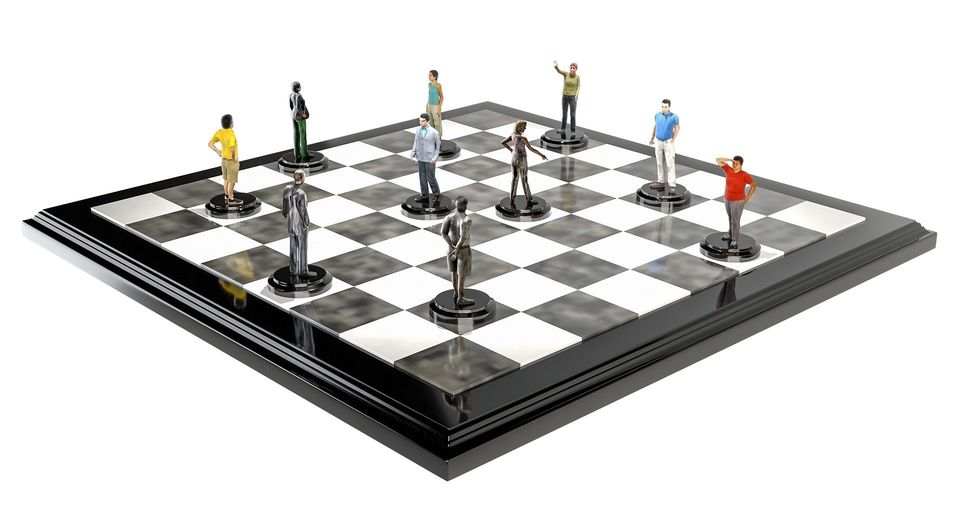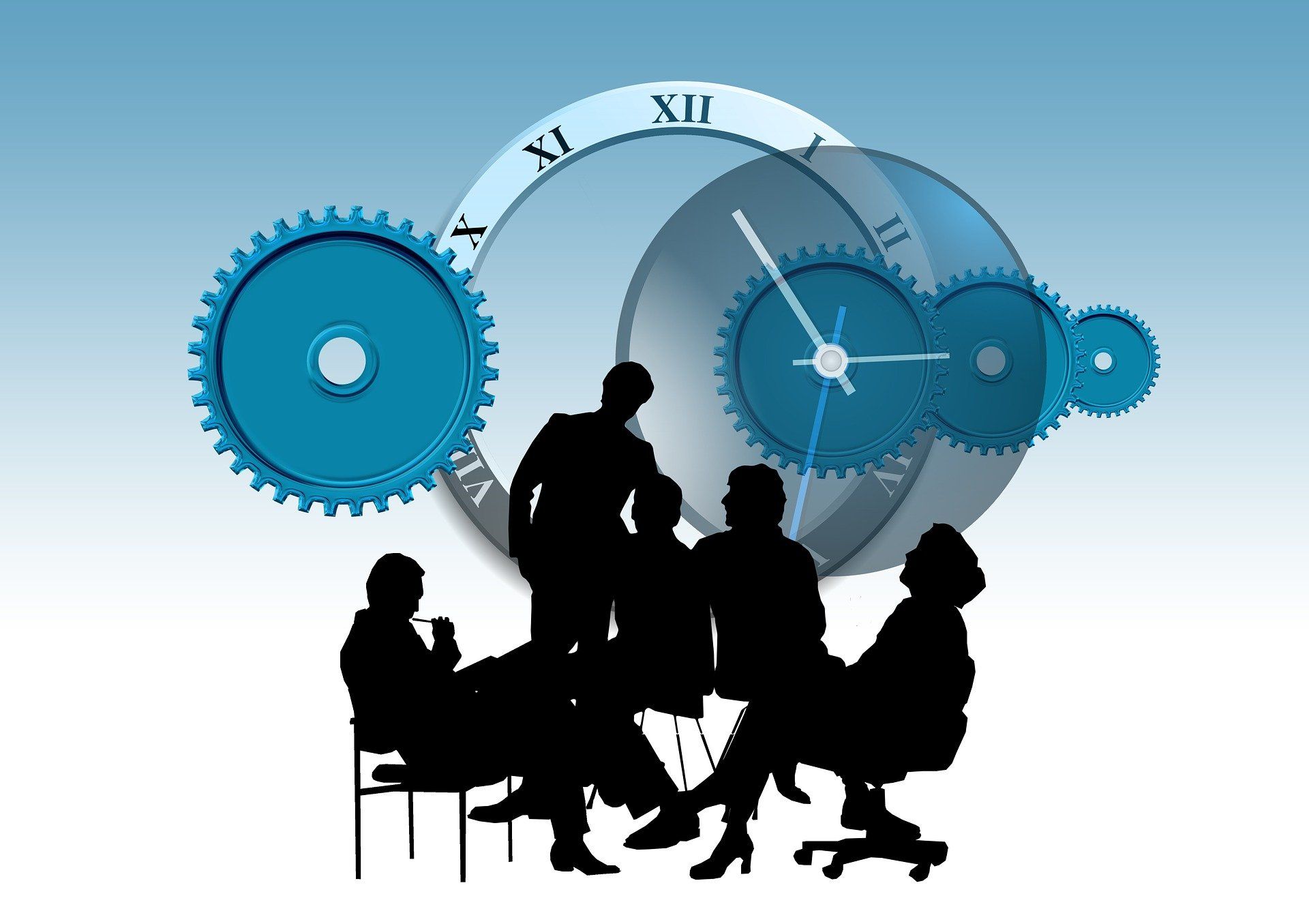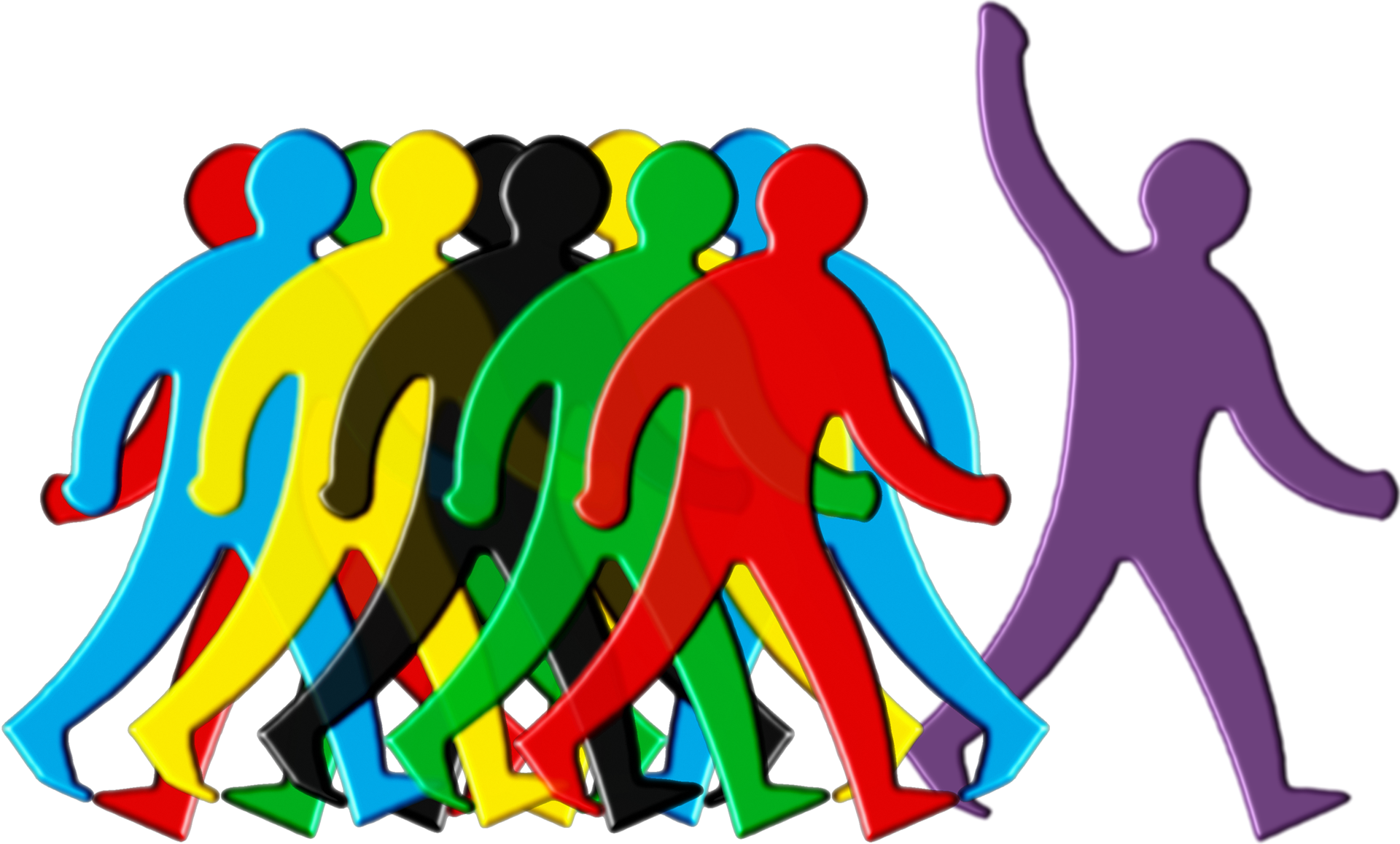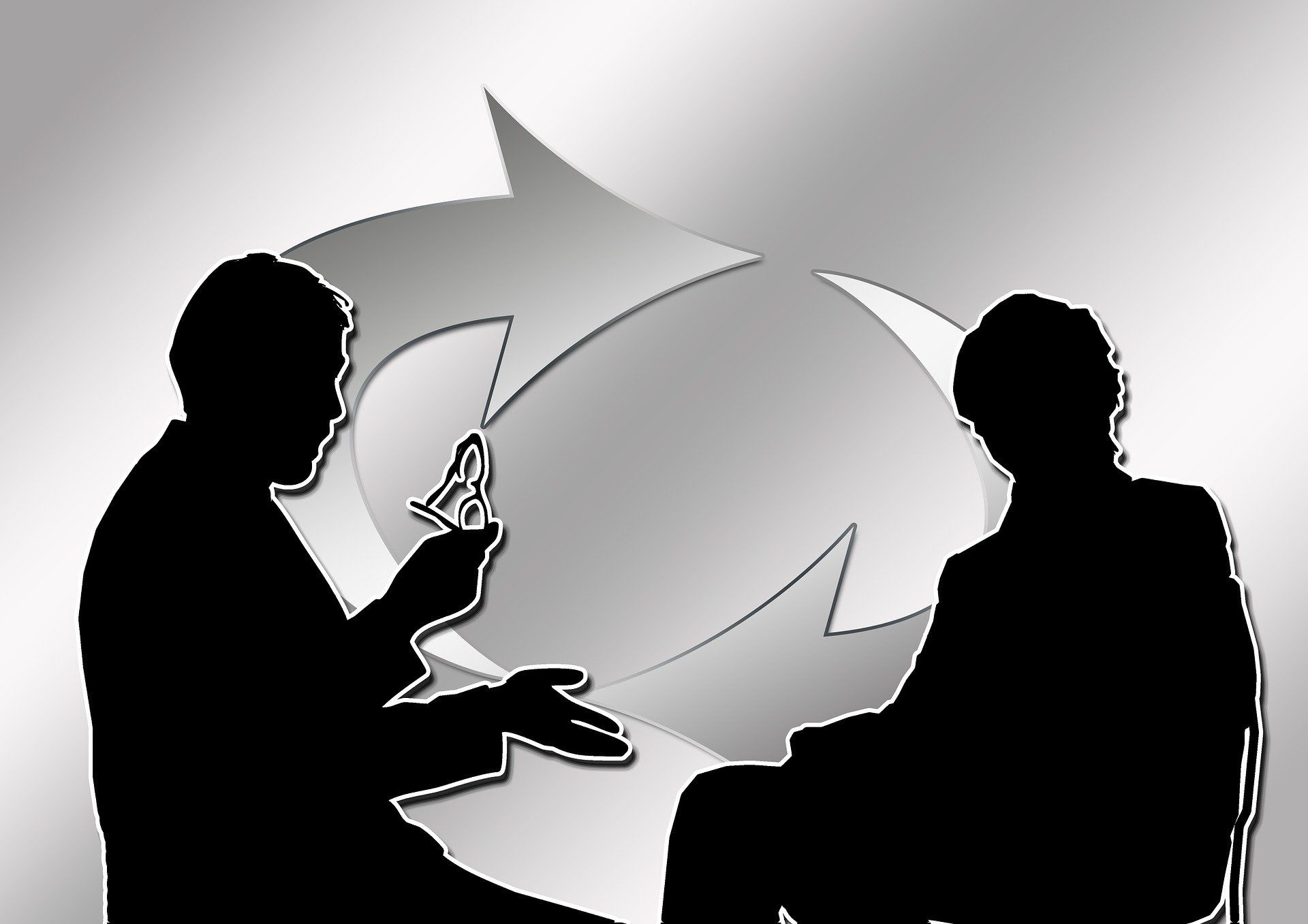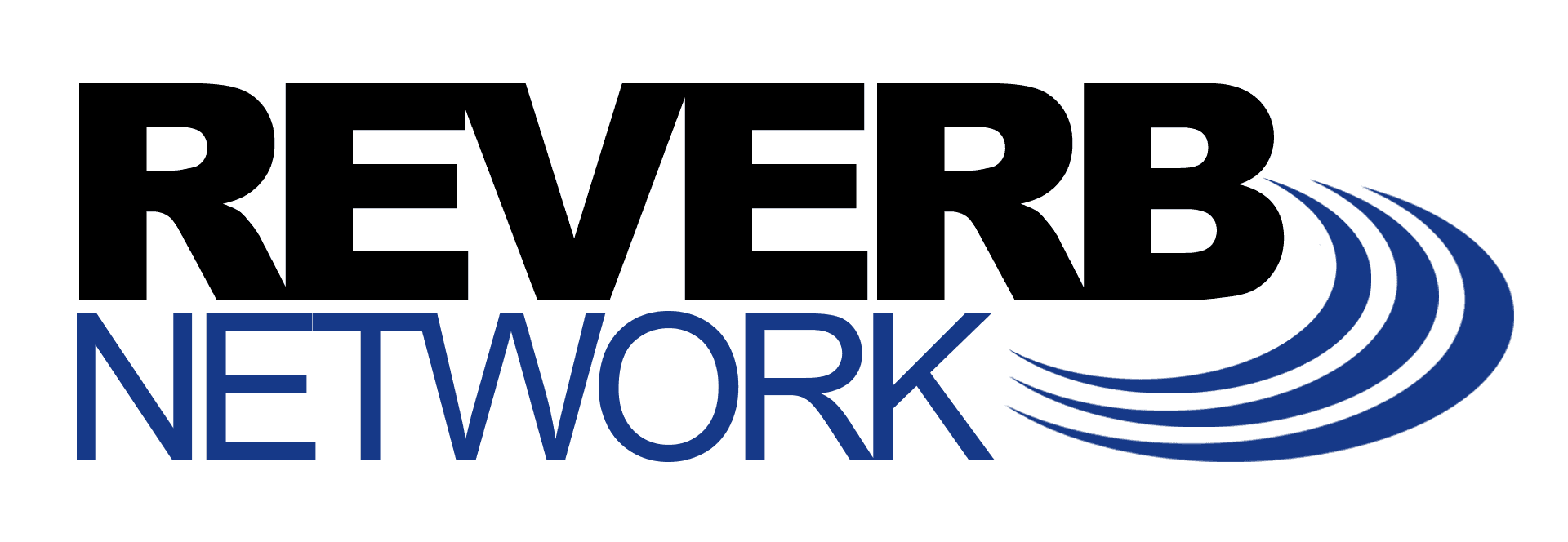Components of an Effective Team
Effective teams are defined by a common purpose, clearly defined roles, accepted leadership, effective processes, solid relationships, and excellent communication. In this post, I’d like to look at each of these more closely.
A common purpose:
Everyone on the team understands why they are together and what they are working on; they bring a high level of commitment to each other and their shared work.
Clearly defined roles:
Everyone knows their role and what is expected of them. Tasks are equally divided among team members based on their individual abilities and strengths.
Accepted leadership:
The leader serves the team by casting vision and facilitating its formation, offering structure and organization, and facilitating cooperation and interdependence.
Effective processes:
Systems are established to maximize cooperation, facilitate team decision-making and problem-solving, and help reduce conflict.
Solid relationships:
Leaders create a cooperative climate where team members value and care for each other.
Excellent communication:
Cooperation is improved by the sharing of information; everyone is enabled to readily express their ideas and opinions. Disagreement is not viewed as disloyalty. Teams thrive on healthy, respectful debate by truth-tellers.
[Next week we will look at the stages a team will go through to reach high performance.]


